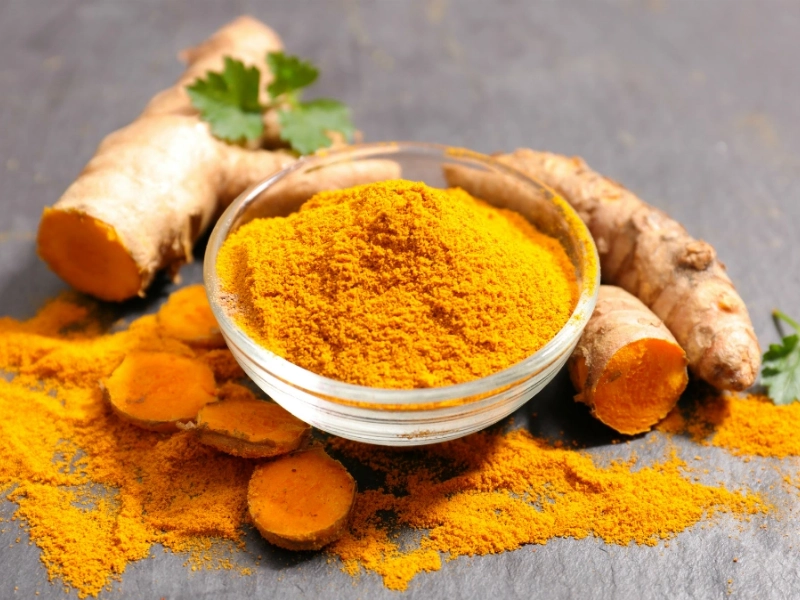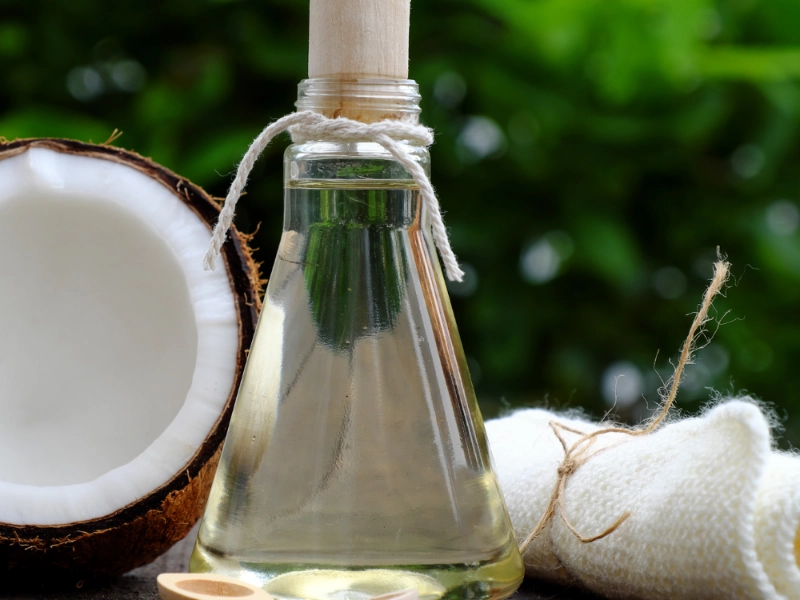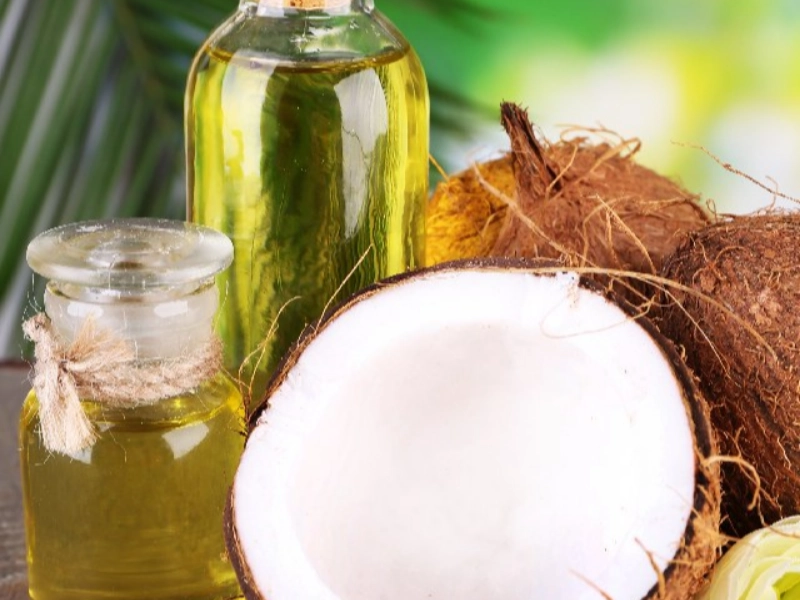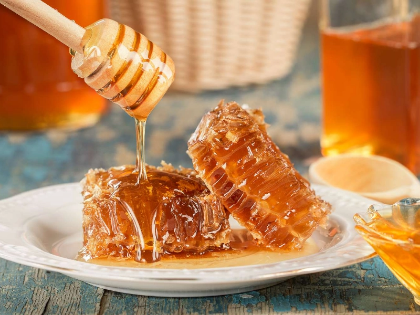Can Coconut Oil Help Dog Ear Infections?
An organic antibacterial and antifungal agent is coconut oil. It can aid in the treatment of yeast or bacterial ear infections. Three or four times a day for at least seven days, or until the infection symptoms go away, apply the oil to the afflicted ear. Use a stronger remedy if, after a few days, the infection doesn't get better. Coconut oil should only be used sometimes, though, because it's not a permanent fix.
Curcumin is a natural anti-inflammatory

The primary polyphenol in turmeric, curcumin, has been shown to benefit owners of dogs with congestive heart failure. This antioxidant can prevent blood clots in the heart and lower LDL cholesterol. It has none of the negative effects of anticoagulant drugs while being just as effective. Inflammatory bowel disease (IBD) may also benefit from it. In addition to causing bloody diarrhoea, this illness can also cause bloating, fever, and nausea. Cancer may potentially result from it.
In India, turmeric is widely used for its therapeutic properties and works wonders as a natural anti-inflammatory for dogs. Its main ingredient, curcumin, functions as a natural steroid and strong anti-inflammatory. Additionally, curcumin possesses anti-viral, anti-microbial, and anti-cancer qualities. Since ancient times, dogs with arthritis, dental problems, and kidney disease have benefited from the use of turmeric in dog treats, which also helps to reduce inflammation. Dogs with allergies might also benefit from turmeric.
Manuka honey is a natural antibiotic

It has been shown that manuka honey possesses antibacterial qualities and can effectively treat dog ear infections. Numerous bacterial pathogens, including the zoonotic pathogen Staphylococcus pseudointermedius, have been demonstrated to be inhibited by it. Since it works so well against so many different types of bacteria, manuka honey is frequently employed in clinical settings.
Leptosperin, a naturally occurring substance present in honey, is derived from the manuka shrub. Long-lasting antibacterial, antiviral, and antifungal effects are exhibited by this chemical. Manuka honey has stronger antibacterial and antiviral qualities than other honeys, which mostly rely on hydrogen peroxide for protection. This implies that it can handle more challenging infections that are resistant to other conventional therapies, including medicines.
Turmeric is a natural anti-inflammatory

Natural anti-inflammatory turmeric provides numerous health advantages for both us and our dogs. Turmeric's active component, curcumin, possesses antiviral, antibacterial, antifungal, and antioxidant qualities. Moreover, it can aid in the fight against illnesses, including liver disease and arthritis. Chronic inflammation is the root cause of nearly all diseases observed in people and animals. Inflammation is a silent killer. This anti-inflammatory can help dogs with arthritis and other inflammatory illnesses heal and lessen their discomfort.
Although turmeric is bitter, you can help your dog tolerate it better by giving them a supplement form of the herb. It is recommended to include turmeric in your dog's diet if you decide to use it as a natural cure. Since the body does not absorb turmeric well, it is necessary to supplement with a healthy fat source. Black pepper, which contains piperine and enhances the absorption of turmeric, is also required in turmeric supplements. Thankfully, dogs may safely consume modest amounts of black pepper.
Coconut oil kills bacteria on contact

Dog ear infections can be treated with coconut oil, a natural antiseptic. The bacteria and viruses that cause the infection are killed by the lauric and caprylic acids found in them. Just warm it up over a low flame to use it. Garlic cloves are another option; they are a potent antibiotic. When the coconut oil reaches a sufficient temperature, transfer it using a cotton swab or a medicine dropper.
Additionally, coconut oil may help dogs' wounds heal. This impact could be attributed to its capacity to impede the growth of bacteria. In test-tube tests, it has also been demonstrated to eradicate viruses, fungi, and bacteria. Use caution, though, since it may trigger an allergic reaction in certain pets.
Coconut oil treats yeast infections

Your dog's yeast infections can be treated naturally with coconut oil. You can apply it to the afflicted area or use it to bathe your dog. The optimal split to use is 20/80. Avoid diluting this product excessively, as it may irritate the skin.
The fatty acid components and antioxidants in coconut oil shield your dog's skin from free radical damage. Wrinkles can be brought on by free radicals, which harm skin cells. Additionally, it has fatty acids, which support the skin's normal cell growth. You can apply the oil to your dog's skin, arms, and toes.









